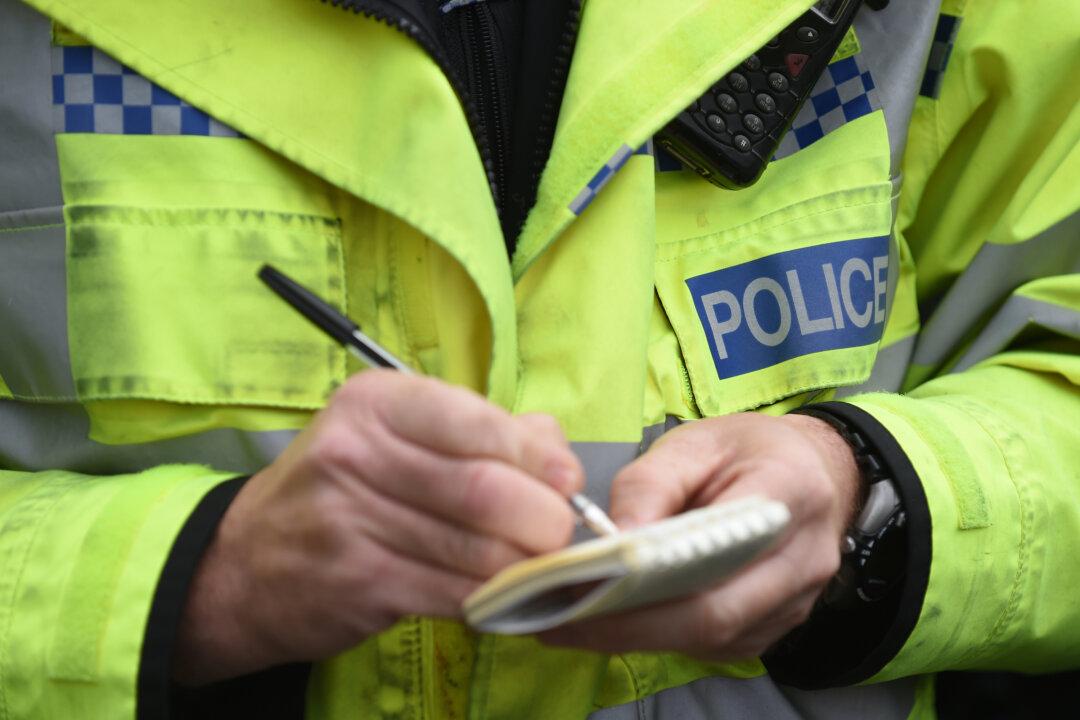Metropolitan police officers “will intervene” in calls for jihad against Israel, a commander said ahead of a pro-Palestinian rally on Saturday.
Speaking at a press briefing on Friday, Kyle Gordon, who is leading the force’s command team during Saturday’s protest, said, “If somebody is calling for jihad specifically against Israel the officers will intervene, gather the information, report it back into us and we’ll be working with colleagues [from counter-terrorism] in relation to what the best course of action is.”





